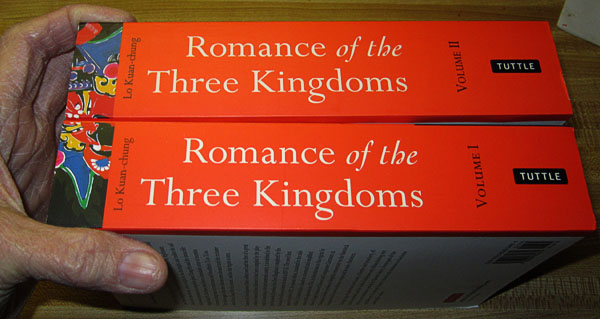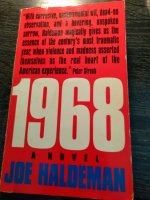Over Six Centuries
The period of Classical Greece was only about 200 years (5th and 4th centuries BC). The Roman Empire lasted about 500 years (27 BC – 476 AD). The Abbasid caliphate, with its capital in Baghdad, stretched on for about 500 years (750–1258 AD), until it was overthrown by the Mongols. The great Byzantine Empire (the "Eastern Roman Empire") endured for over 1100 years (330-1453 AD), was sacked by Western Christian knights during the aborted 4th Crusade (~1204 AD), and lapsed into decline and decay over its last two centuries, with Constantinople finally falling to the Ottoman Turks in 1453.
The Ottoman Empire, centered in Asia Minor—today's Turkey, endured for over 600 years (1299-1922 AD), extending into the first quarter of the 20th century, stretching from the Dark Ages of Europe, through the Renaissance, the dispersal of tobacco from South America throughout the world, the Industrial Revolution, and into the Modern Era. Its demise came after World War 1 ("the war to end all wars").
The Ottoman Empire at its greatest extent. By Chamboz, CC BY-SA 4.0.
"On Murad's assassination his elder son was instantly proclaimed his successor, as Bayezid I, here on the battlefield of Kosovo. In response to pressure from the state council, fearing conflict over the succession, his first act as Sultan, over his father's dead body, was to order the death, by strangulation with a bowstring, of his younger brother. This was Yakub, his fellow-commander in the battle, who had won distinction in the field and popularity with his troops. Bayezid thus initiated a practice of imperial fratricide which was to root itself all too permanently in the history of the Ottoman dynasty. It was based on the argument that assassination is preferable to sedition, as so often practiced by a sultan's brothers, and was conveniently excused for Bayezid by a text from the Koran: 'So often, as they return to sedition, they shall be subverted therein; and if they depart not from you, and offer you peace and restrain their hands from warring against you, take them and kill them wheresoever ye find them.' "
This history is a hefty book of over 600 pages. The writing by the Scottish historian, John Patrick Douglas Balfour (3rd Baron Kinross), is excellent. The story, chapter after chapter, is as engrossing as any action thriller. The page count includes numerous full-page pictures and several maps.
"To the northeast beyond the Danube lay Wallachia ruled by...Vlad Dracul, otherwise Dracula, one of the monsters of history whose cruelties, far exceeding those familiar enough in that age of brutality, made of him also one of the devils of legend."
...
"Vlad Dracul then crossed the Danube into Bulgaria, at the head of an army with which he ravaged Ottoman territory and massacred much of its population.
At this the Sultan, determined on vengeance, led a large army into Wallachia. In the course of the campaign they came upon a 'forest of corpses,' in which there rotted the remains of some twenty thousand Bulgarians and Ottomans impaled on stakes and crucified— a grim example of the mass executions which Dracul liked to stage for his pleasure and for the edification of his neighbors."
Bob











